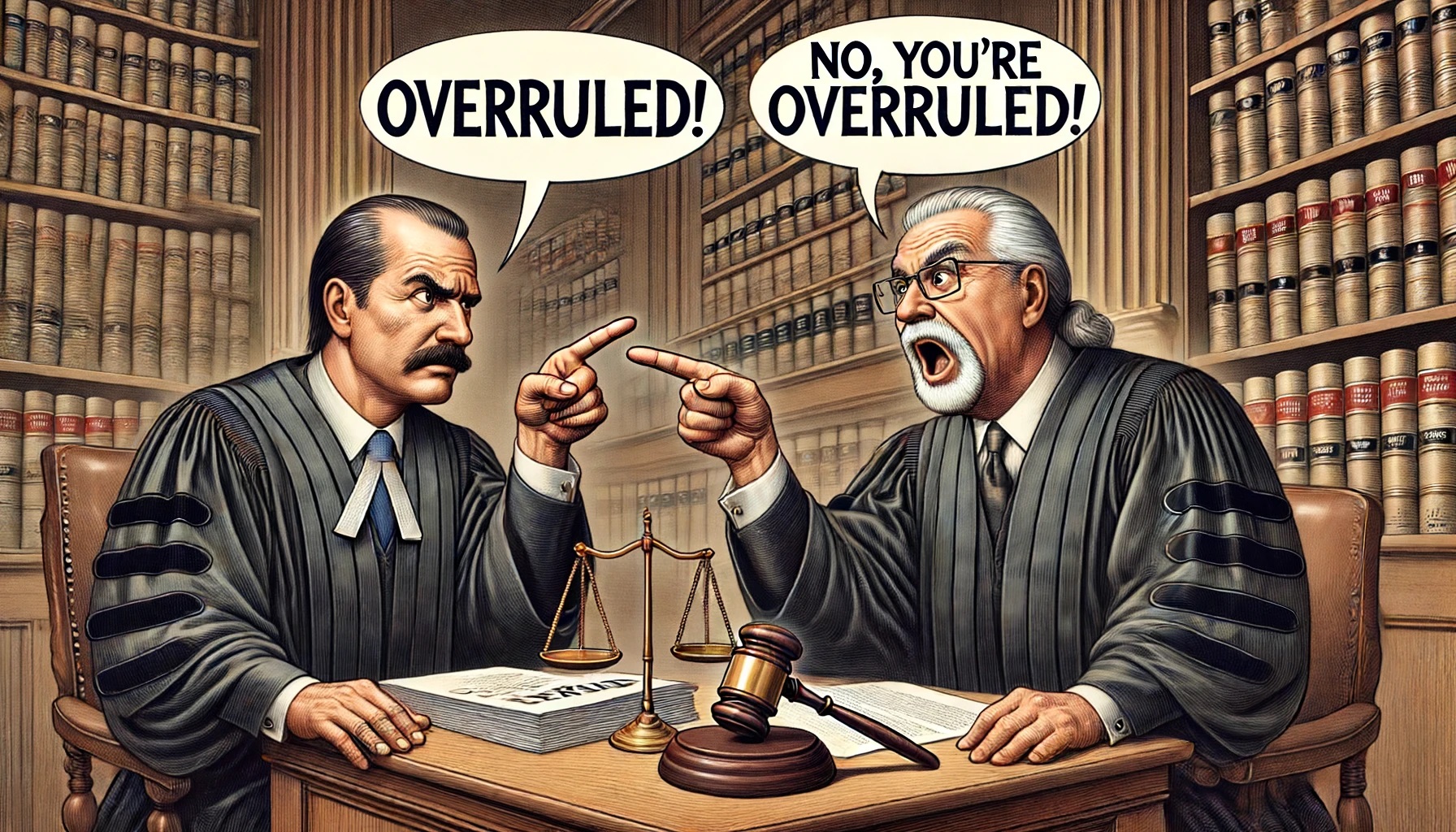
Unlike 9th Circuit panels who have no power to disregard other panel decisions, the California appellate courts are free to adopt or disregard other panel decisions. But like the 9th Circuit, state appellate courts have no power to overrule another appellate panel. That role, in California, is reserved to the Supreme Court.
And now also, apparently, to the Fourth Division of the Second District of the Court of Appeal.
In a bizarre result in Cohen v. Superior Court (D2d4 Jun. 5, 2024 No. B330202) [cert. for pub.], the court not only disagreed with a prior panel decision, it “overruled” it.
The case arose from a question over the availability of private civil enforcement under Government Code section 36900(a), which allows violations of city ordinances to be prosecuted by city authorities “or redressed by civil action.” Does “redressed by civil action” mean John Q. Citizen can bring the civil action? Sure, said a 2002 panel in Riley v. Hilton Hotels Corp. (2002) 100 Cal.App.4th 599.
The Cohen panel, however, disagreed with Riley. No problem. There is no horizontal stare decisis in California, so the panel was free to disagree with Riley.
But the panel was not satisfied with just disagreeing with Riley. Instead, the panel considered the stare decisis authorities and concluded that it was “empowered to reconsider—and in the appropriate case disapprove of or overrule—prior decisions of those courts.” The panel cited two appellate cases in support of this proposition, but other than using the word “overrule,” those cases did not support any such authority.
The panel cited other authorities supporting the principle that wrong precedent should be overturned, but those authorities were Supreme Court cases.
Ironically, the panel acknowledges that "'[a] decision by a court of appeal is not binding in the courts of appeal[,]'"and that when two appellate decisions conflict, under Auto Equity Sales, Inc. v. Superior Court (1962) 57 Cal.2d 450, 456, trial courts are free to “make a choice between the conflicting decisions.” So Cohen is no more or less legally binding than Riley, notwithstanding its bandying about the term “overruled.”
These principles are not put into doubt just because a panel is feeling exceptionally butch. It’s not merely shouting ‘bingo’ that wins you the round.